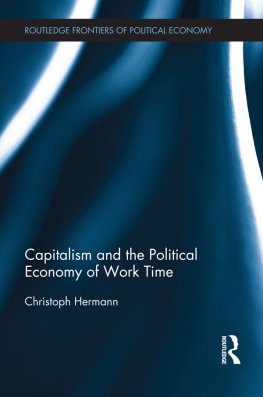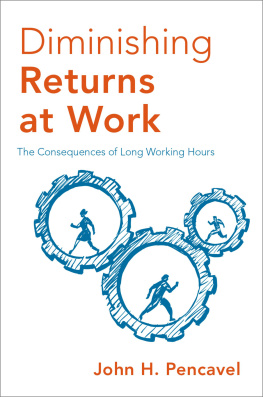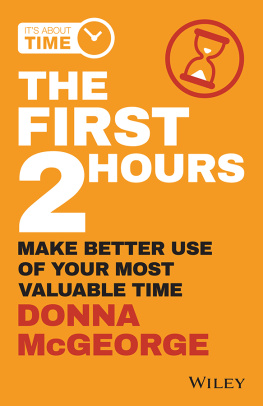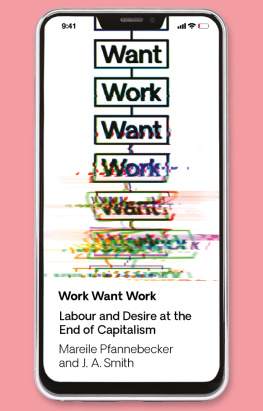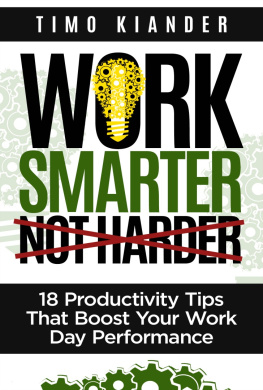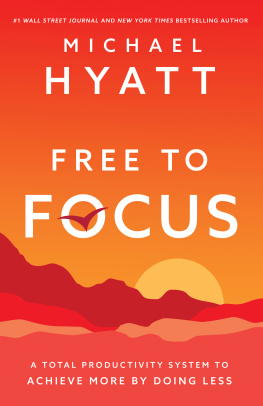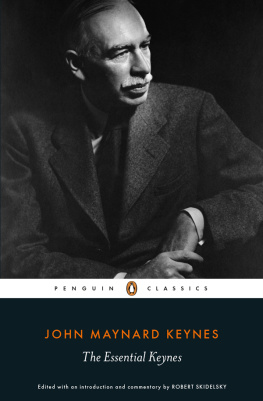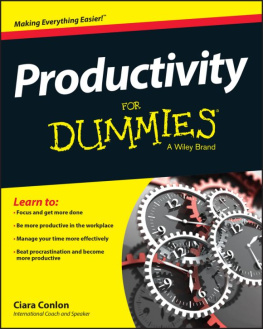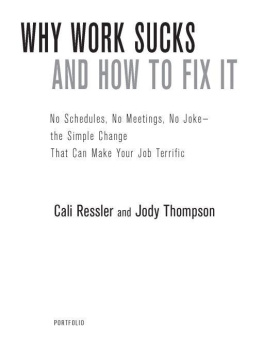A fascinating both theoretical and historical overview, which at the same time is so close to current working-time policy challenges. Definitely a comprehensive introduction and a pleasure to read!
Steffen Lehndorff, Institute for Work, Skills and Training,
University of Duisburg-Essen, Germany
While much has been written about the defeat of labor movements since the end of the 1970s, surprisingly little attention has been paid to the intensification of workloads and greater corporate control over workers time even though these so profoundly impact working class lives and carry such great potential for mobilizing resistance. Capitalism and the Political Economy of Work Time is the crucial starting point for correcting this unfortunate neglect.
Sam Gindin, former research director of the Canadian Auto Workers and Packer
Chair in Social Justice, York University, Toronto, Canada
Work time has perhaps been the subject of more confusion and controversy than any other concept in Marxist theory. With formidable intellectual clarity, Christoph Hermann unravels the theoretical tangles whilst never forgetting the real-life contestation between workers and employers. In the process, he demonstrates the continuing relevance of Marxist theory for understanding labor in the twenty-first century. This book establishes Christoph Hermann as a leading thinker in contemporary political economy.
Professor Ursula Huws, University of Hertfordshire, Hatfield, UK
Work time is an extremely timely issue not only for workers who suffer from increasingly long work hours, but also for an alternative and sustainable mode of development and living. The book stands out for combining both perspectives, as well as for illuminating theoretical debates and practical struggles. A very valuable contribution to political economy and ecology!
Professor Ulrich Brand, Department of Political Science,
University of Vienna, Austria
Capitalism and the Political Economy of Work Time
John Maynard Keynes expected that around the year 2030 people would only work 15 hours a week. In the mid-1960s, Jean Fourasti still anticipated the introduction of the 30-hour week in the year 2000, when productivity would continue to grow at an established pace. Productivity growth slowed down somewhat in the 1970s and 1980s, but rebounded in the 1990s with the spread of new information and communication technologies. The knowledge economy, however, did not bring about a jobless future or a world without work, as some scholars had predicted. With few exceptions, work hours of full-time employees have hardly fallen in the advanced capitalist countries in the last three decades, while in a number of countries they have actually increased since the 1980s.
John Maynard Keynes expected that around the year 2030 people would only work 15 hours a week. In the mid-1960s, Jean Fourasti still anticipated the introduction of the 30-hour week in the year 2000, when productivity would continue to grow at an established pace. Productivity growth slowed down somewhat in the 1970s and 1980s, but rebounded in the 1990s with the spread of new information and communication technologies. The knowledge economy, however, did not bring about a jobless future or a world without work, as some scholars had predicted. With few exceptions, work hours of full-time employees have hardly fallen in the advanced capitalist countries in the last three decades, while in a number of countries they have actually increased since the 1980s.
Furthermore, this volume explores the struggle for shorter work hours, starting from the introduction of the ten-hour work day in the nineteenth century to the introduction of the 35-hour week in France and Germany at the end of the twentieth century. However, the book also shows how neoliberalism has eroded collective work time regulations and resulted in an increase and polarization of work hours since the 1980s. Finally, the book argues that shorter work hours not only means more free time for workers, but also reduces inequality and improves human and ecological sustainability.
Christoph Hermann is a senior researcher at the Working Life Research Centre in Vienna and a lecturer at the University of Vienna, Austria.
Routledge frontiers of political economy
Are capitalist economies nearing the end of a long-term trend toward shortening the work week? Even with the enduring financial crisis, working time is getting longer and employment or job sharing is becoming pass. This book examines the root causes of the trends and issues with work time using a pluralist approach assessing theory, history, and public policy from a comparative perspective. Fresh new arguments for shortening working time to promote self-determination, equality, and an ecologically sustainable society, are offered.
Deborah M. Figart, Professor of Education and Economics,
The Richard Stockton College of New Jersey, USA
Equilibrium Versus Understanding
Towards the rehumanization of economics within social theory
Mark Addleson
Evolution, Order and Complexity
Edited by Elias L. Khalil and
Kenneth E. Boulding
Interactions in Political Economy
Malvern after ten years
Edited by Steven Pressman
The End of Economics
Michael Perelman
Probability in Economics
Omar F. Hamouda and Robin Rowley
Capital Controversy, Post Keynesian Economics and the History of Economic
Essays in honour of Geoff Harcourt, volume one
Edited by Philip Arestis, Gabriel Palma and Malcolm Sawyer
Markets, Unemployment and Economic Policy
Essays in honour of Geoff Harcourt, volume two
Edited by Philip Arestis, Gabriel Palma and Malcolm Sawyer
Social EconomyThe logic of capitalist development
Clark Everling
New Keynesian Economics/Post Keynesian Alternatives
Edited by Roy J. Rotheim
The Representative Agent in Macroeconomics
James E. Hartley
Borderlands of Economics
Essays in honour of Daniel R. Fusfeld
Edited by Nahid Aslanbeigui andYoung Back Choi
Value, Distribution and Capital
Essays in honour of Pierangelo Garegnani
Edited by Gary Mongiovi andFabio Petri
The Economics of Science
Methodology and epistemology as if economics really mattered
James R. Wible
Competitiveness, Localised Learning and Regional Development
Specialisation and prosperity in small open economies
Peter Maskell, Heikki Eskelinen,Ingjaldur Hannibalsson,Anders Malmberg and Eirik Vatne
Labour Market Theory
A constructive reassessment
Ben J. Fine
Women and European Employment
Jill Rubery, Mark Smith,Colette Fagan andDamian Grimshaw
Explorations in Economic Methodology
From Lakatos to empirical philosophy of science
Roger Backhouse
Subjectivity in Political Economy
Essays on wanting and choosing
David P. Levine
The Political Economy of Middle East Peace
The impact of competing trade agendas
Edited by J.W. Wright, Jnr
The Active Consumer
Novelty and surprise in consumer choice
Edited by Marina Bianchi
Subjectivism and Economic AnalysisEssays in memory of Ludwig Lachmann
Edited by Roger Koppl andGary Mongiovi
Themes in Post-Keynesian Economics
Essays in honour of Geoff Harcourt, volume three
Edited by Claudio Sardoni andPeter Kriesler
The Dynamics of Technological Knowledge
Cristiano Antonelli
The Political Economy of Diet, Health and Food Policy
Next page
